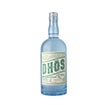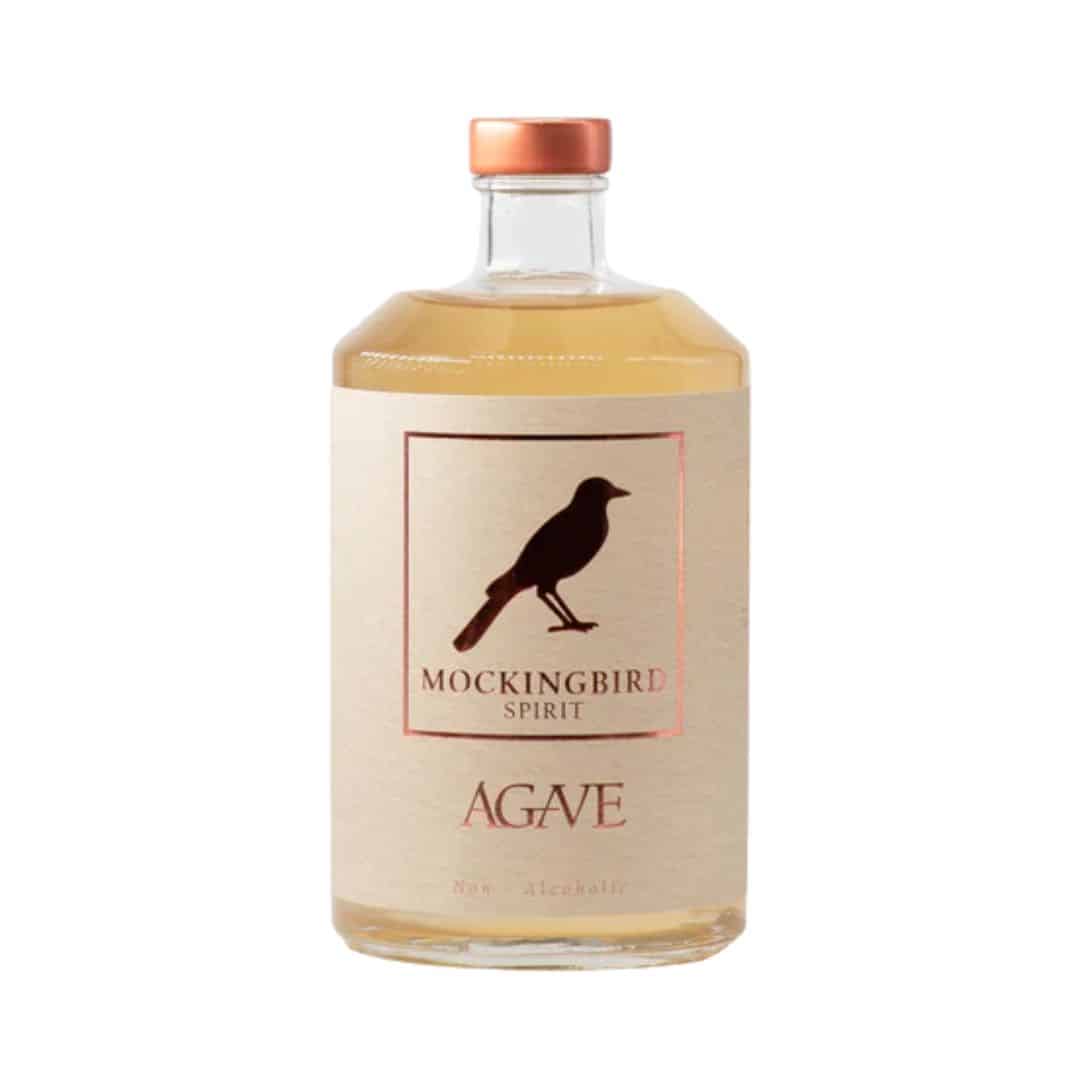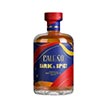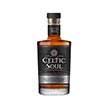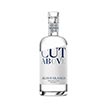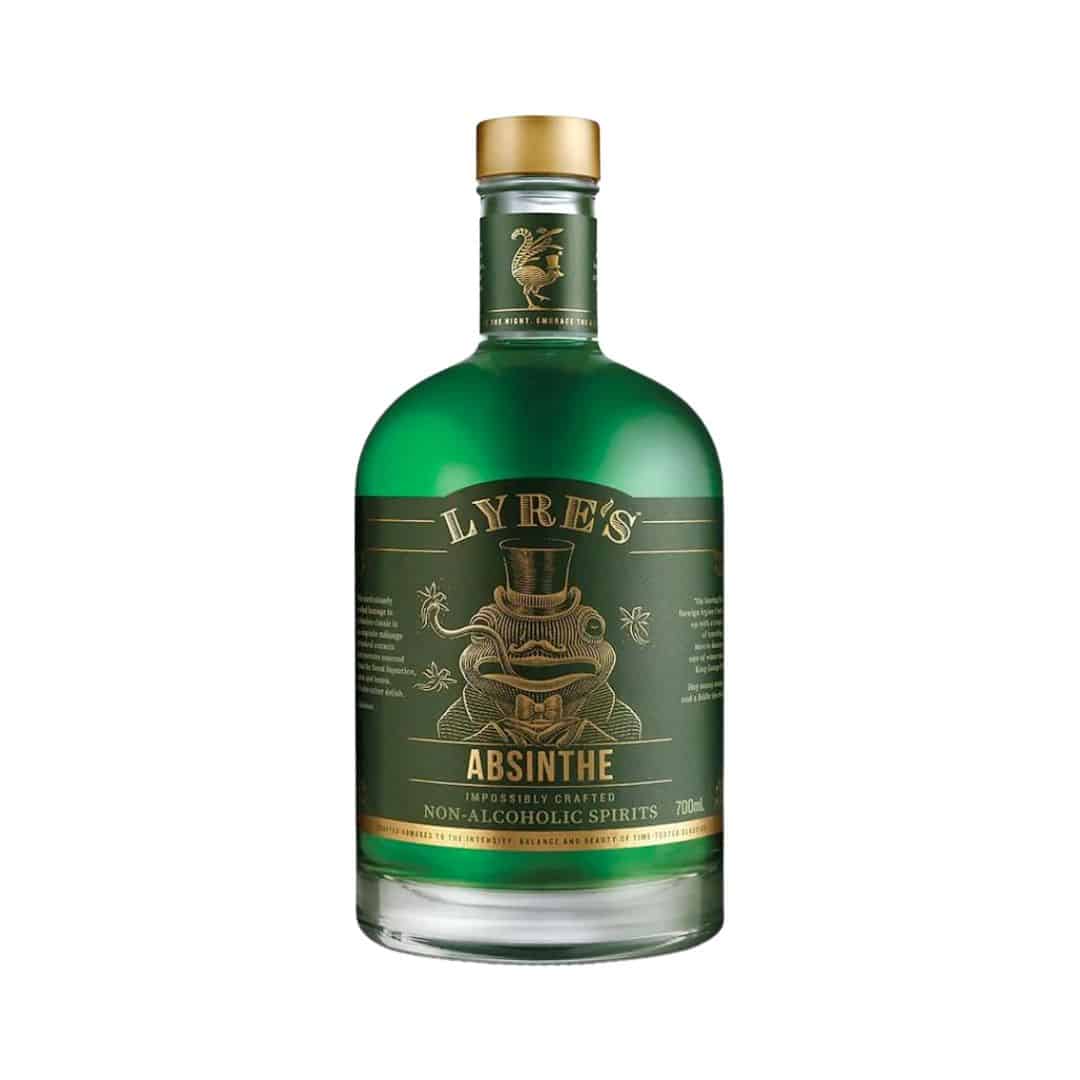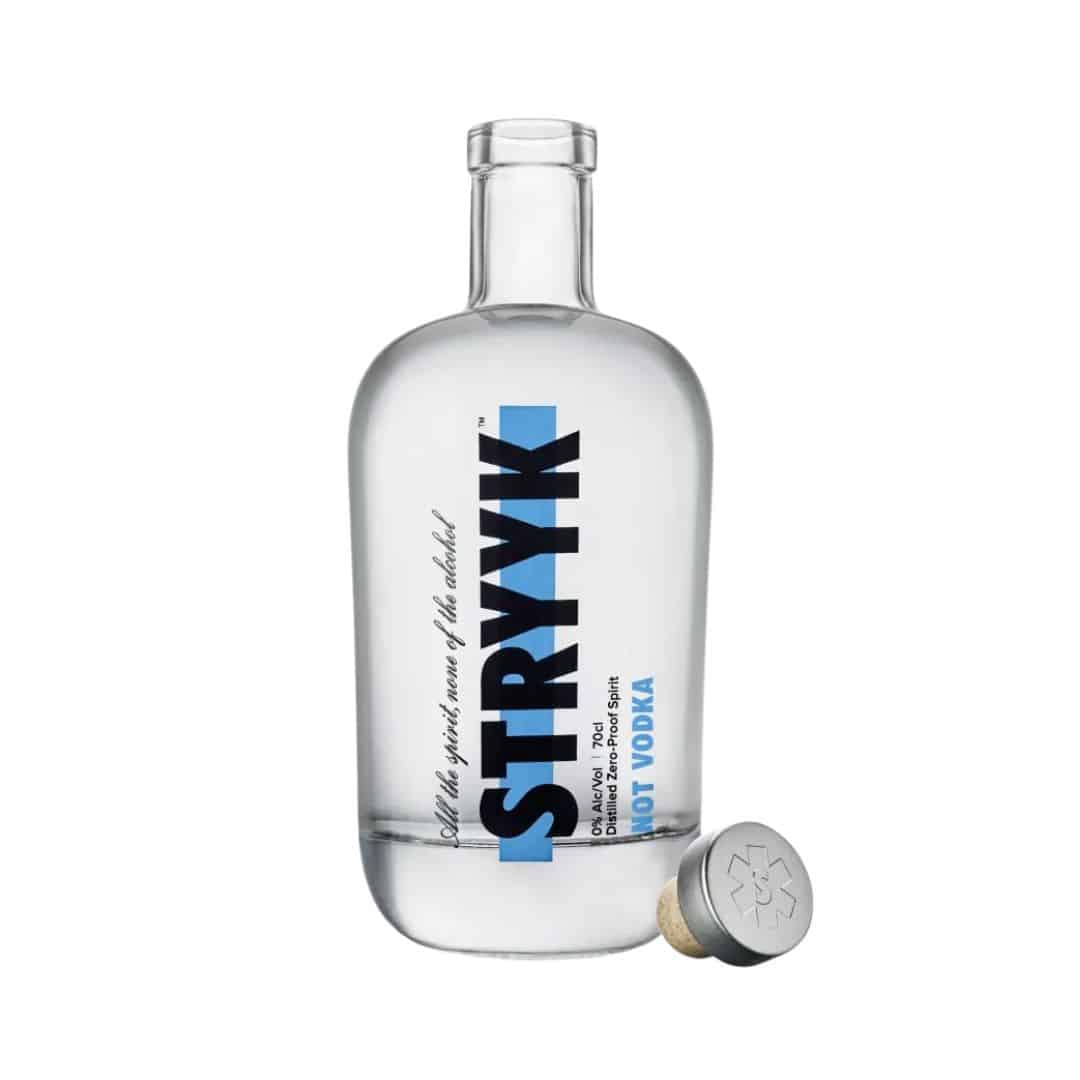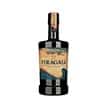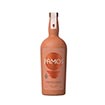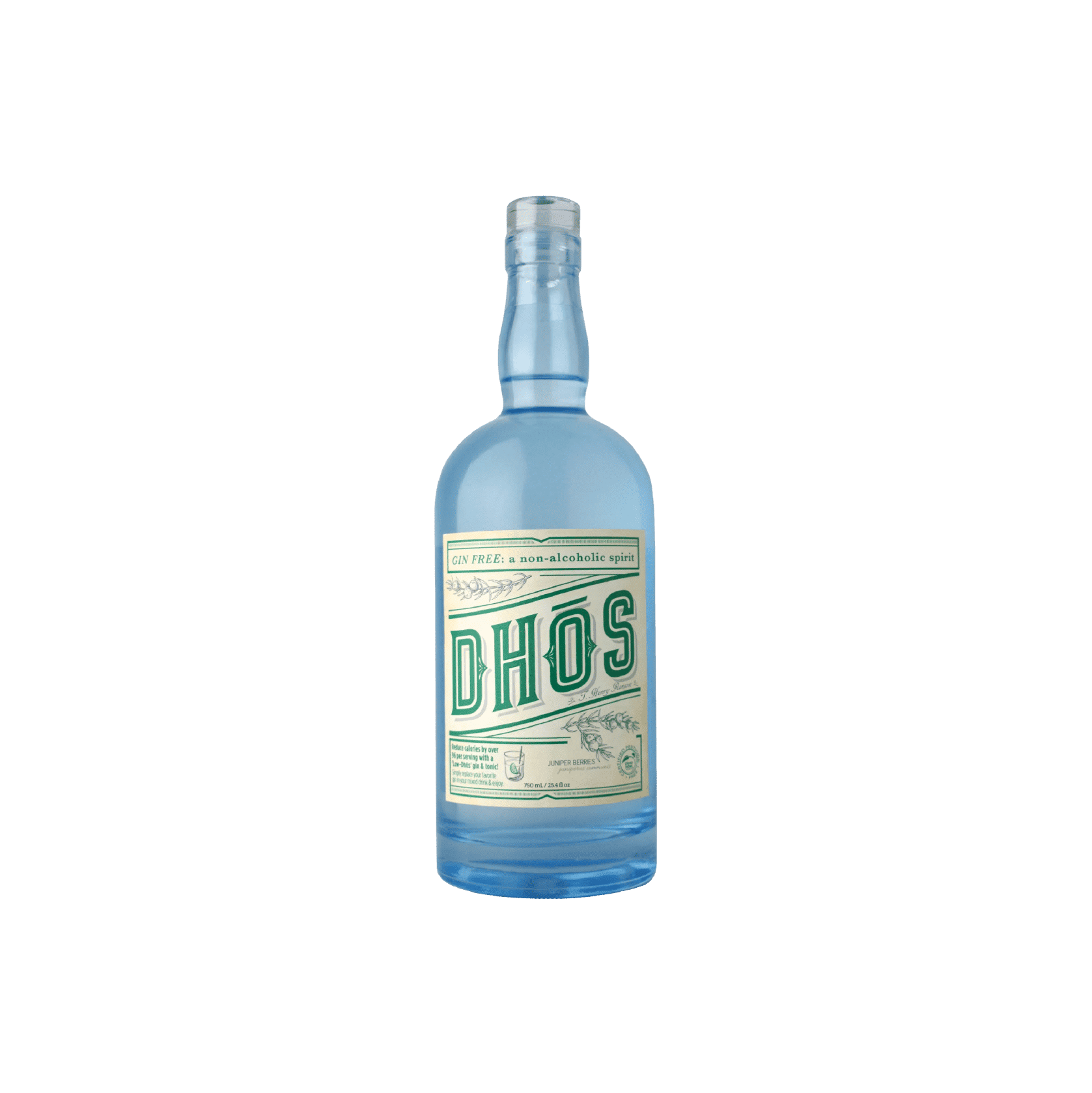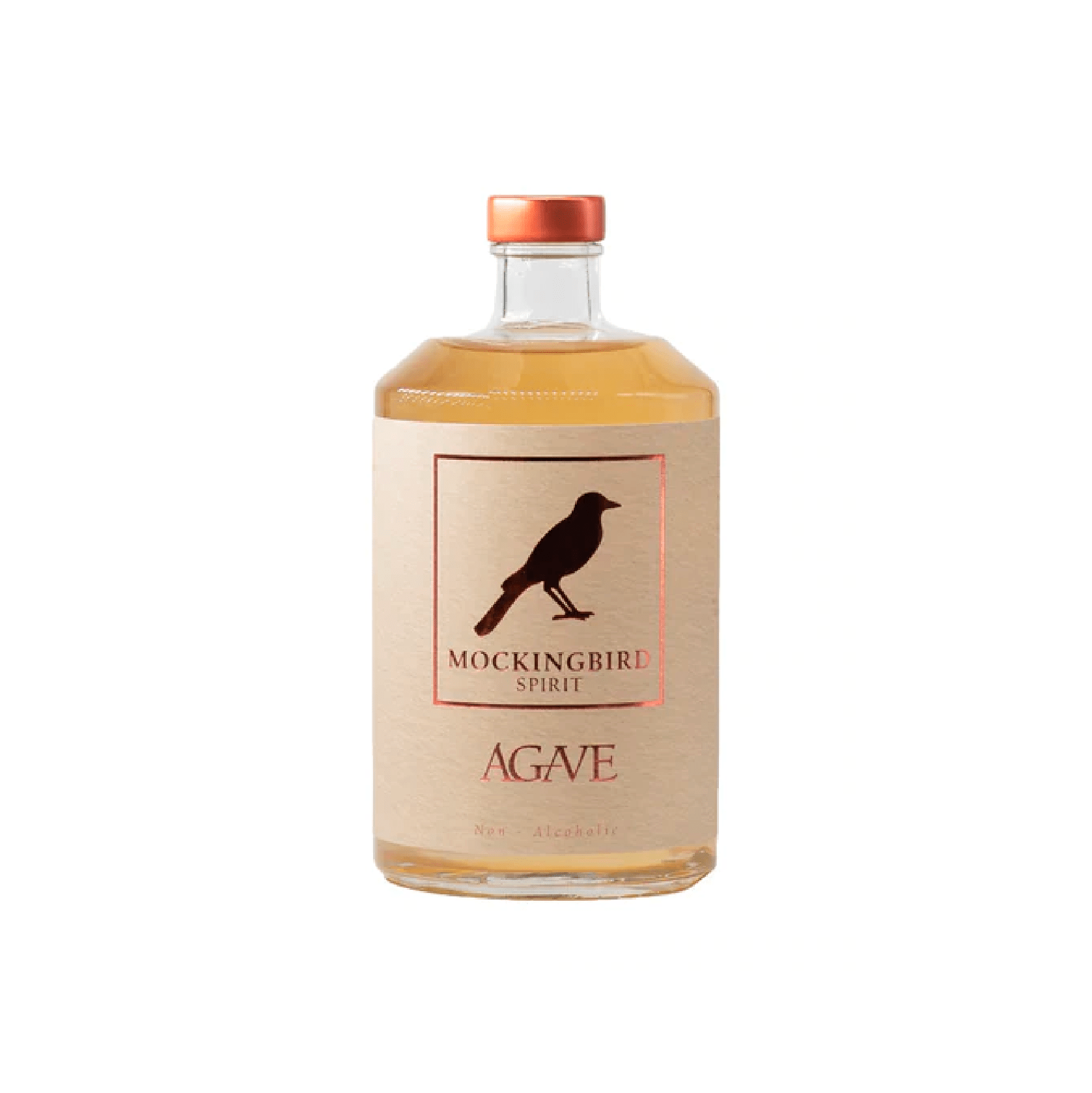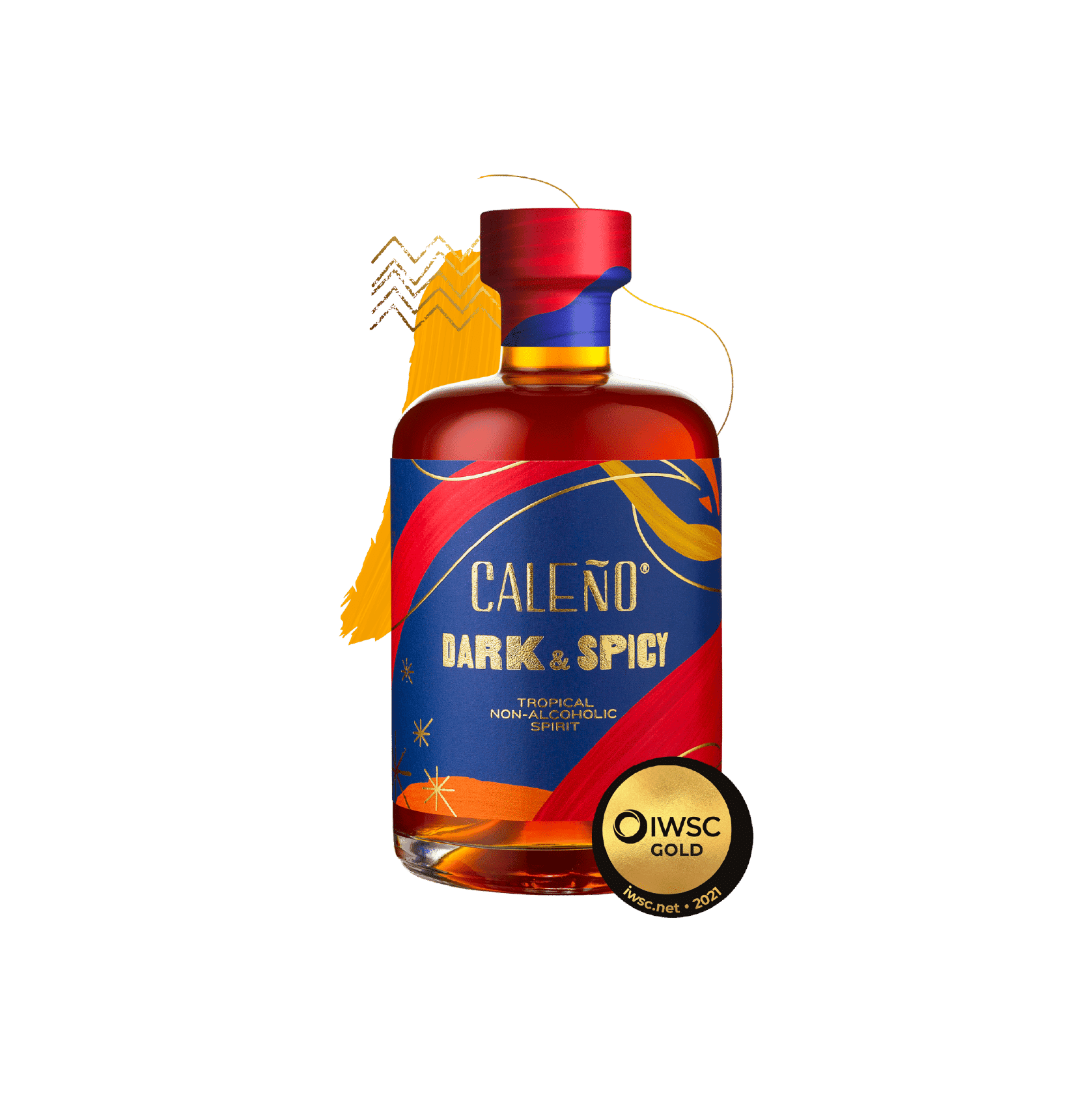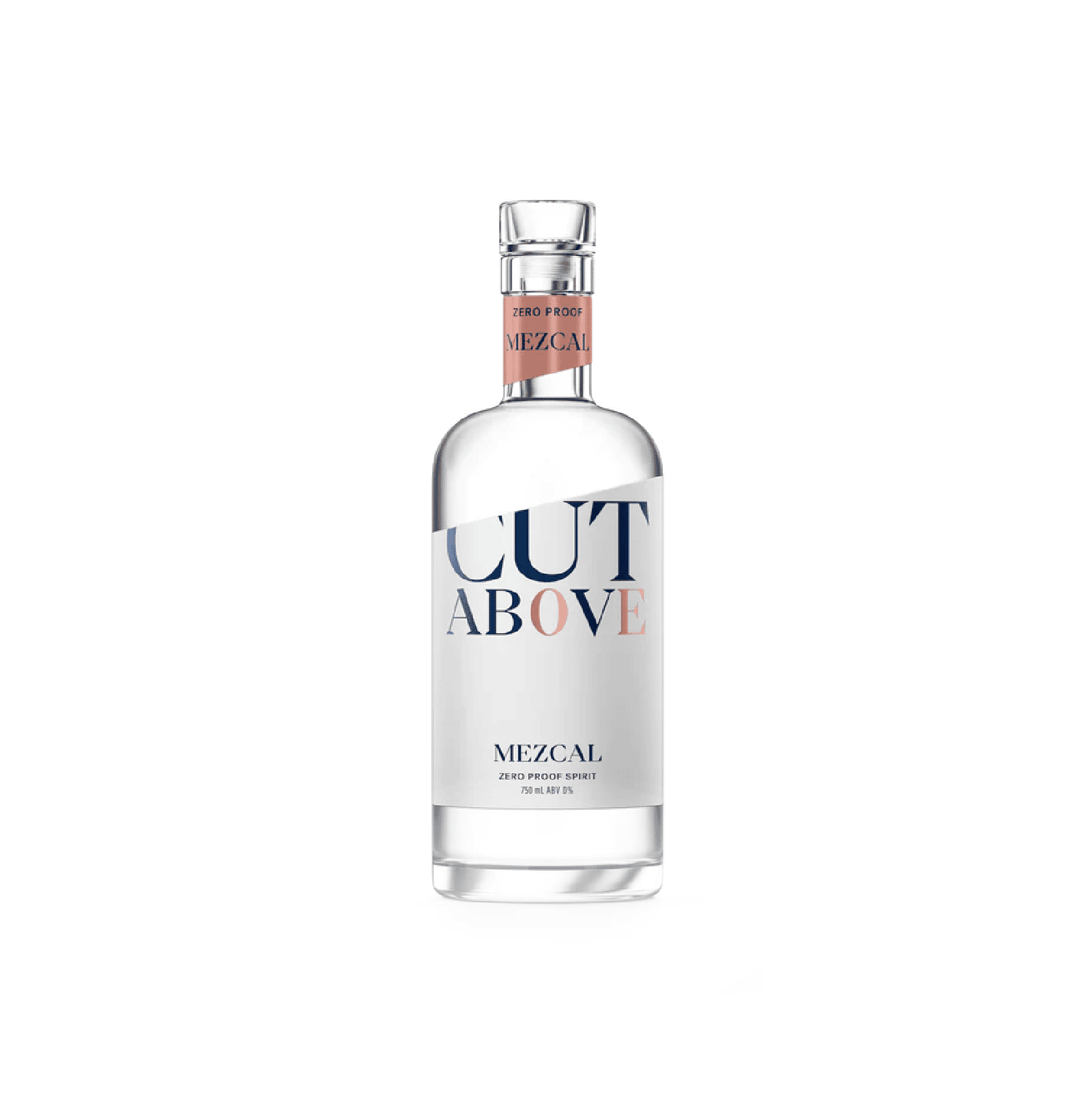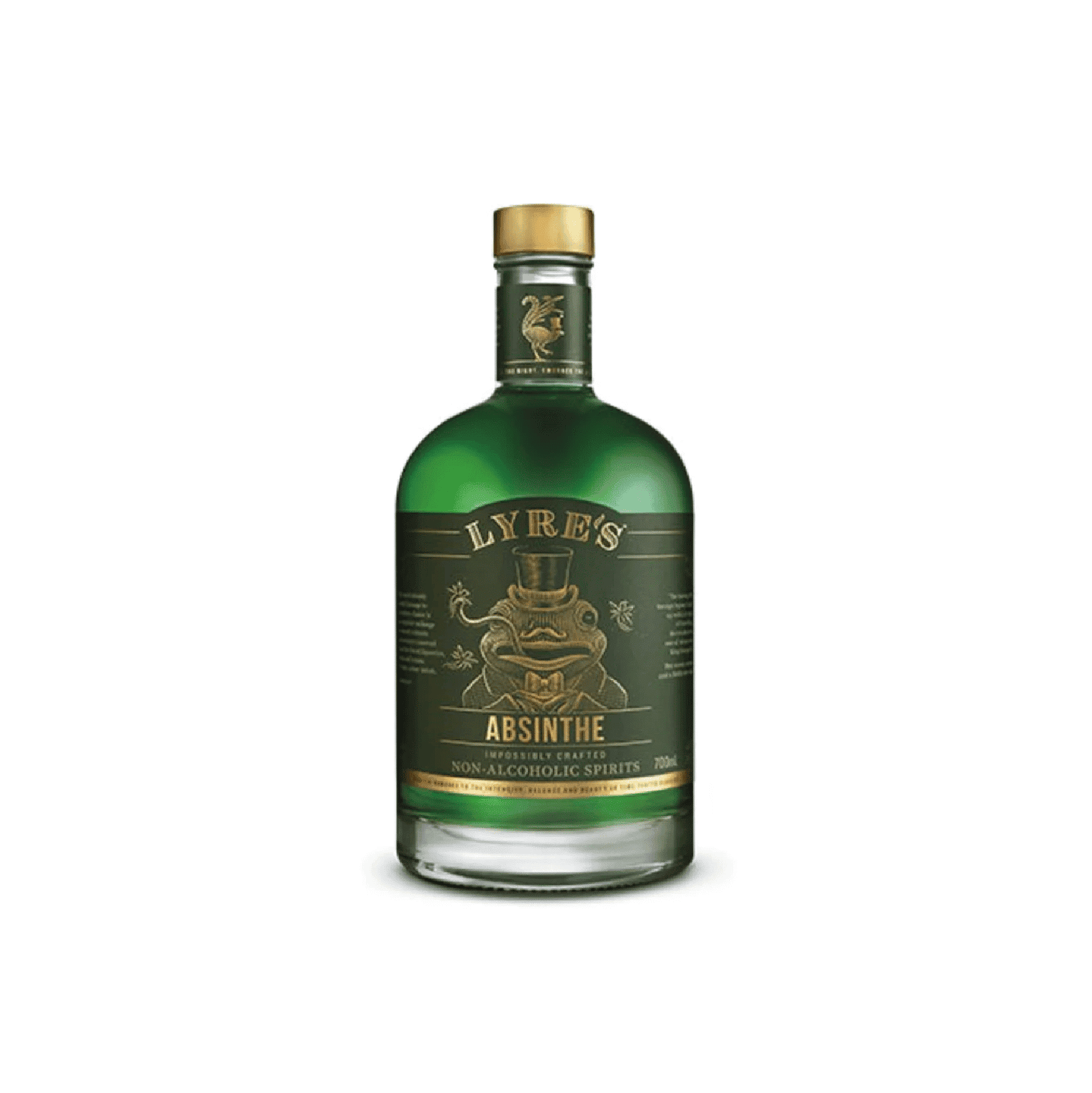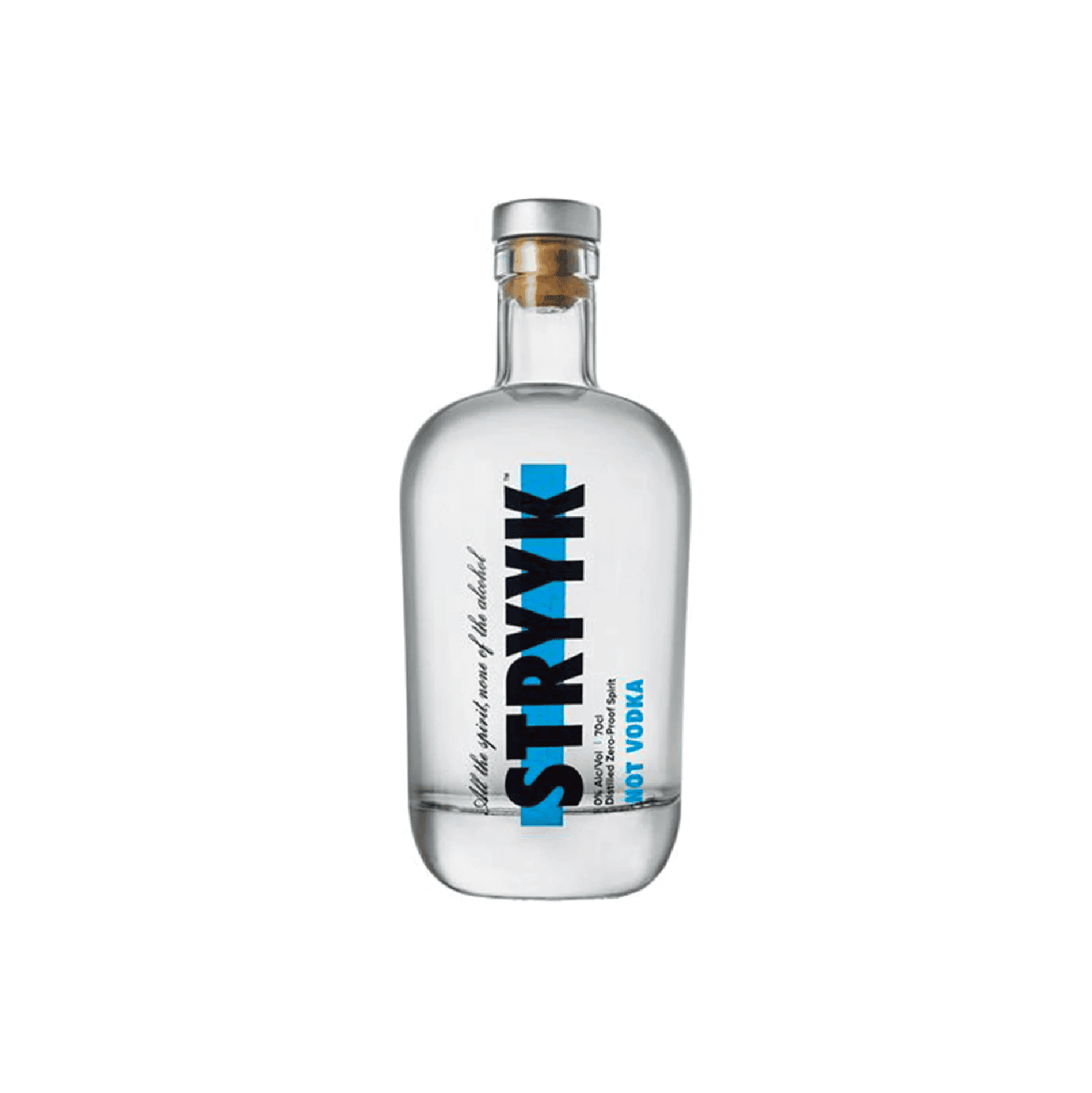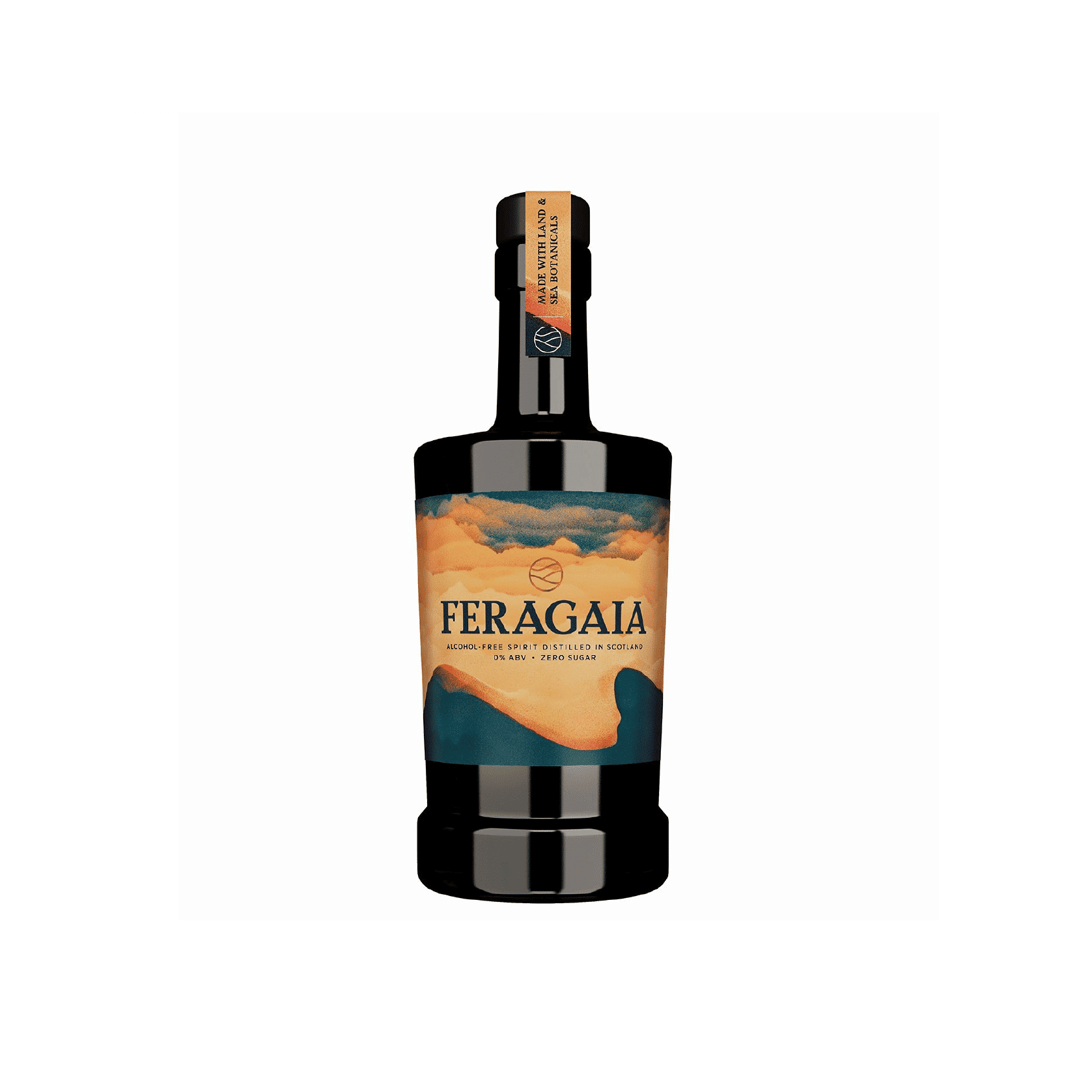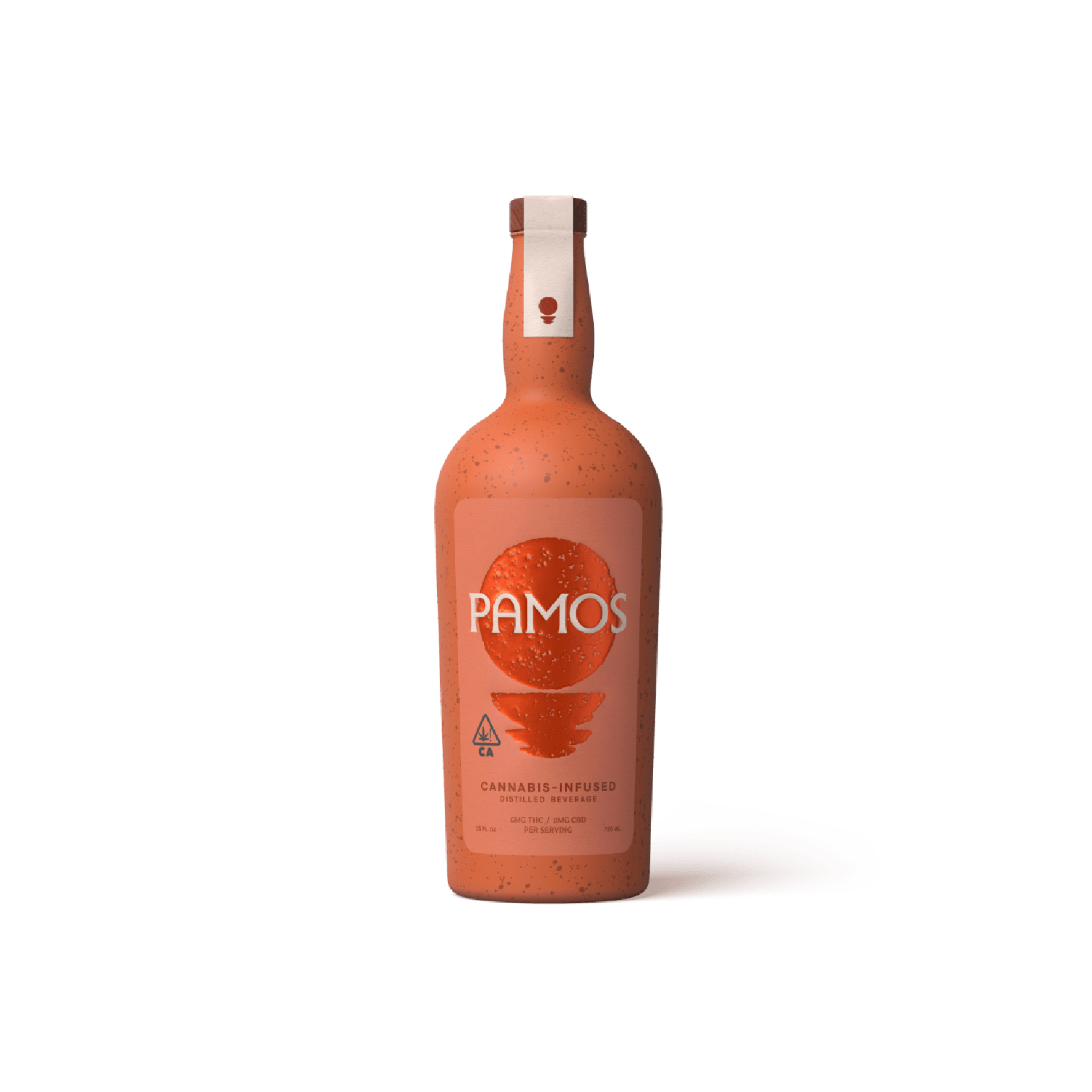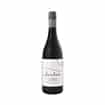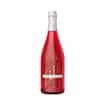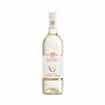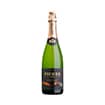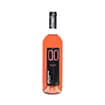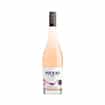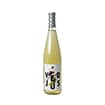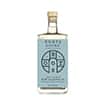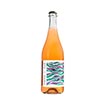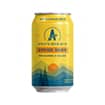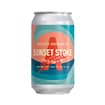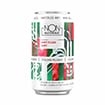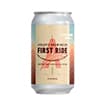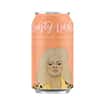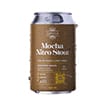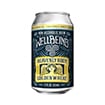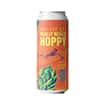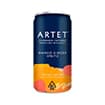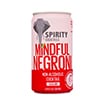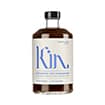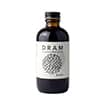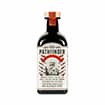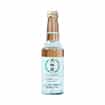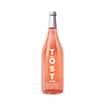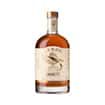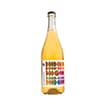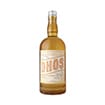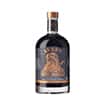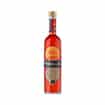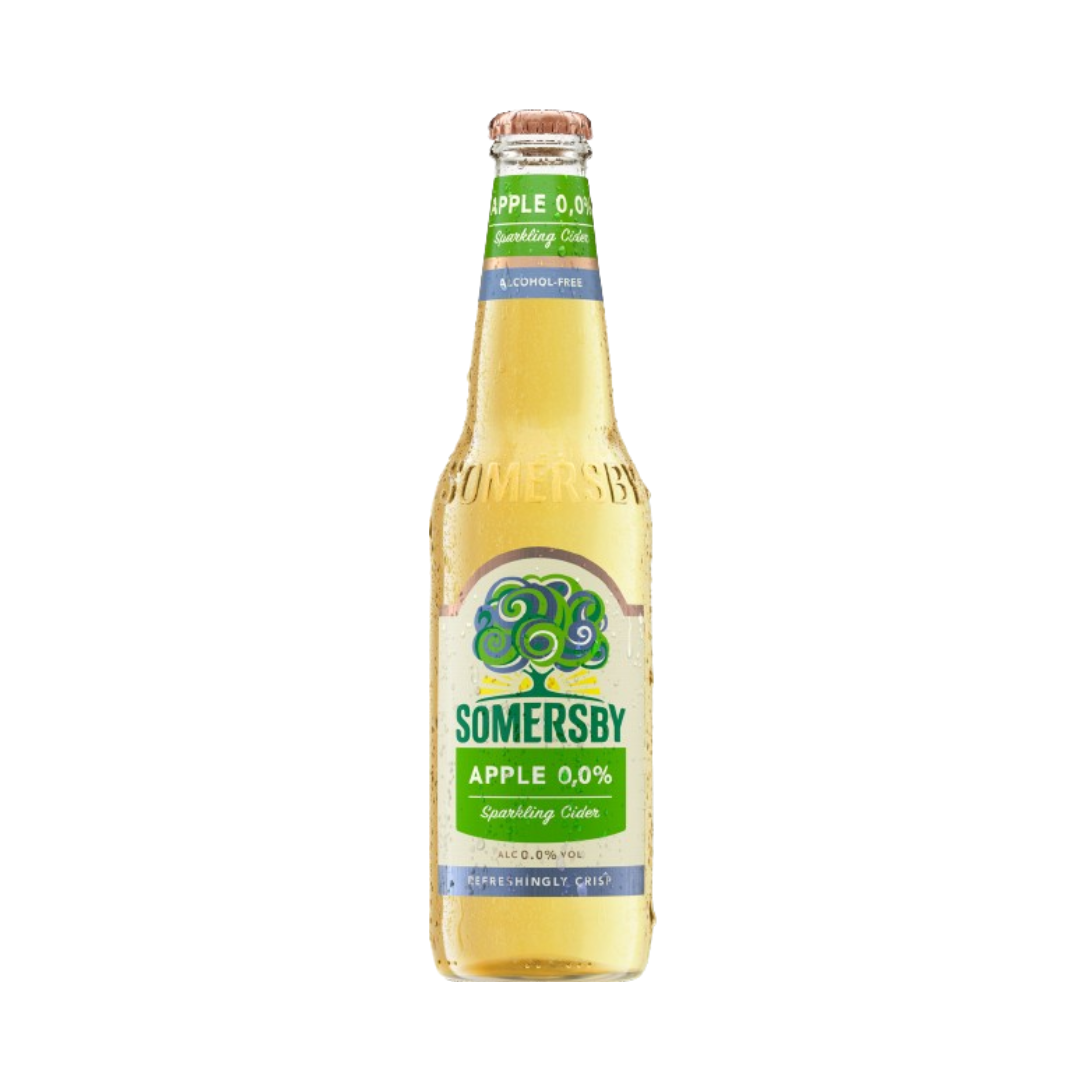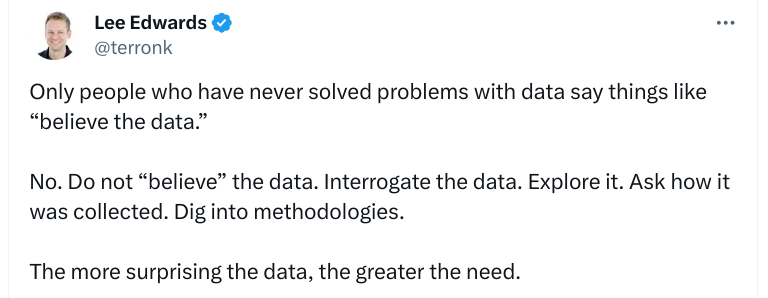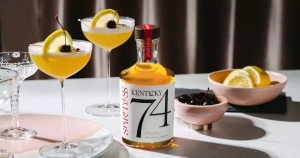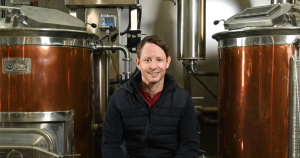We at Dry Atlas enjoy the occasional alcoholic cocktail, but we can’t ignore the mounting evidence that alcohol is harmful to our health. As you reevaluate your wellness habits this Dry January, you won’t want to miss this particularly interesting Washington Post article.
It outlines a study that indicates that previous studies on alcohol were “significantly biased by flaws in study design.” For example, some “failed to remove ‘sick quitters’ or former drinkers, many of whom cut down or stopped for health reasons” from the dataset. “These abstainers are often older people who gave up alcohol because their health was bad,” said the study’s lead author, Tim Stockwell. “Being able to drink is a sign you are still healthy, not the cause of it.”
How were we once led to believe that drinking ethanol was healthful? A few key factors seem to have been at play:
1. Wishful thinking
“This study punctures the hope of many that moderate alcohol use is healthy,” said Robert DuPont, a psychiatrist and substance abuse expert who served as the first director of the National Institute on Drug Abuse.
The operative word there is “hope.” A lot of us would love to believe that something that seems bad for us is in fact somehow magically good for us. Unfortunately, wanting something to be true doesn’t make it true. Many of us, myself included, let our wishful thinking override our intuition for a long time.
2. Incentives
Legacy alcohol is big business, and there are a lot of people with a lot to gain from perpetuating booze’s predominance in society.
As the article notes, “Much of the research into the health effects of alcohol has been funded by the alcohol industry. One recent report found that 13,500 studies have been directly or indirectly paid for by the industry.”
3. Trusting the data
I love this tweet and, in particular, its last sentence’s applicability to the myth that a moderate amount of booze is healthful.
I also love this contrarian video. Towards the end, the creator talks about listening to one’s own observations, which brings to my mind hangovers, nausea, and mental fog. We had so many clues that booze was bad for us!
Now, back to that Washington Post article. I’ll leave you with one final thought:
“The bottom-line message is that in terms of health, less alcohol is better,” said Tim Naimi, who is an author of the study. “Or you could say: Drink less, live more.”
For more from Douglas, follow him on LinkedIn.
Dry Atlas is a media company focused on alcohol alternatives. We deliver non-alc insights, news, and recs to over five million people annually. To stay up to date on all things non-alc, subscribe to our weekly newsletter.

